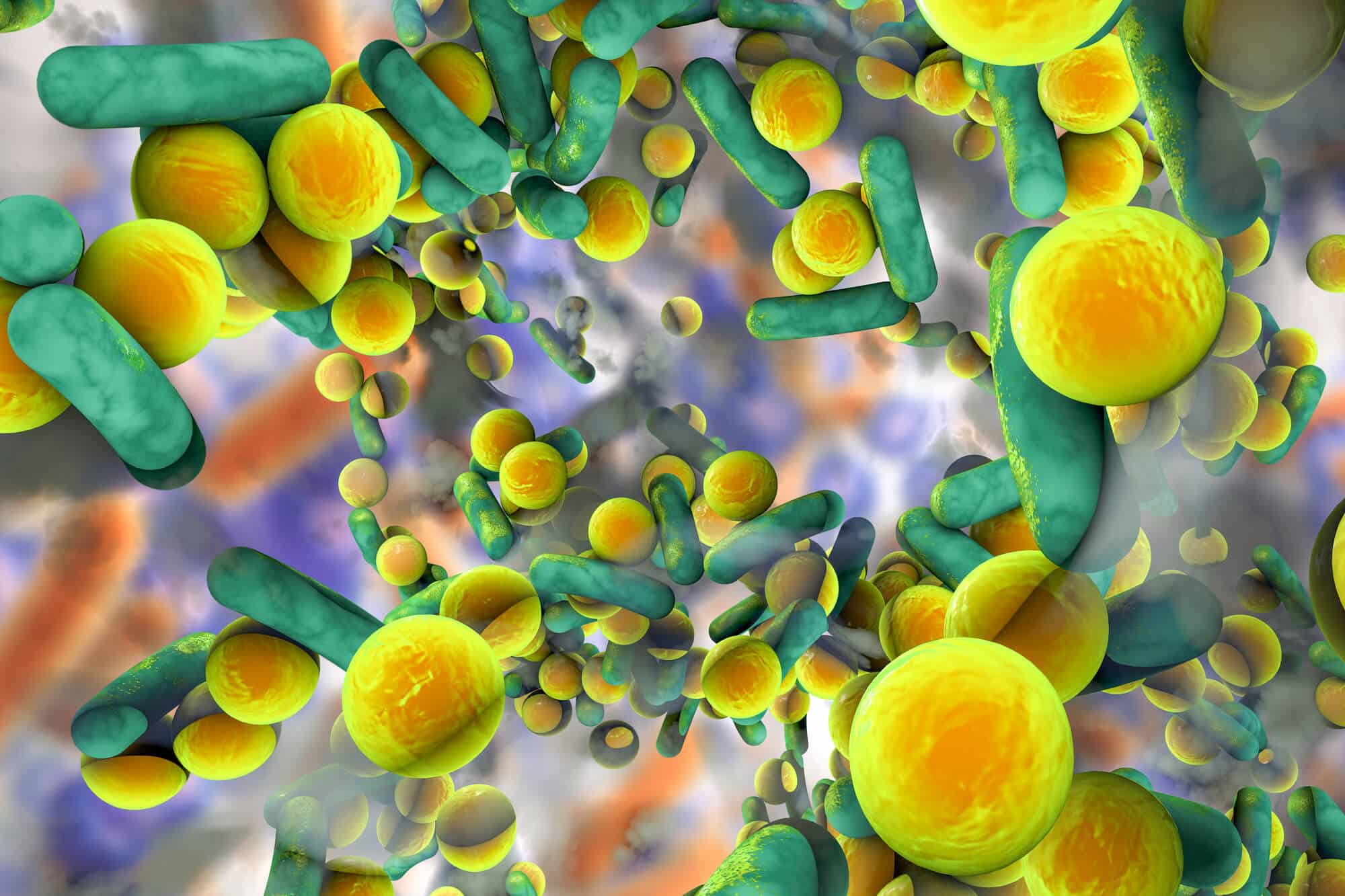Researchers from the Hebrew University have found a way to fight and destroy bacteria that are resistant to drugs. The researchers: "The technology we developed may be the key and global solution to a common problem that has been faced for many years in the world of modern medicine, and only worsens over the years"
Biofilms are a group of cells that stick to each other on some surface, fixed bacteria, and are responsible for most of the diseases in humans, such as dental plaque, skin infections, urinary infections, ear infections and more. At the same time, some of these bacteria develop resistance to antibiotics and as a result of the ineffectiveness of the antibiotics, thousands of people die. A medicinal solution has not yet been found in the world of modern medicine for infections by resistant microorganisms, and the world is still in a continuous search race for it. The loss of activity of antibiotics against bacteria (known as microbial resistance) is one of the main problems in medicine and carries enormous dangers. If ways are not found to prevent microbial resistance, we may be forced to go back in time almost a century, to a time before antibiotics - a time when the world of medicine has no weapon against bacteria.
About sixty years ago, Prof. Raphael Meshulam, a researcher from the Faculty of Medicine at the Hebrew University, was the first in the world to isolate the active ingredient of cannabis, characterized its structure The chemical, synthesizes the THC which is the psychoactive component of the cannabis plant. About twenty years ago, he was also the one who found that the body secretes cannabinoid-like substances called endocannabinoids. In a new study from the Hebrew University that was published in one of the prestigious journals from the NATURE group, Scientific Reports, and was conducted under the leadership of two of the world's leading researchers in their field, Prof. Doron Steinberg and Prof. Raphael Meshulam, it was tested whether cannabinoid substances have an effect on bacteria fixed in biofilms and bacteria and fungi resistant to drugs, with the aim try to find a way to damage the non-fixed bacteria as well.
The researchers synthesized the materials in Prof. Meshulam's lab and tested them in different biofilm models in Prof. Steinberg's lab. Prof. Meshulam explains: "We synthesized a series of cannabinoids, which are components of the hashish plant, and also endocannabinoids that the body produces on its own, and we tested whether they work in such a way that kills fixed bacteria."
The research teams found thatCannabinoids and endocannabinoids harm not only the non-fixed bacteria, but also the fixed ones. They explain that they found that a number of chemical derivatives of cannabinoids affect the disruption of inter-bacterial communication, reduce the formation of biofilms and harm the lives of drug-resistant bacteria and fungi. The most exciting observation in the study was the one that showed that endocannabinoids and similar molecules work against staphylococcus bacteria, a bacteria resistant to antibiotics and responsible for many diseases and infections.
Following the experiment and the hard work in the laboratories, it was possible to determine that the technology developed by the two researchers is news in the world of modern medicine and may lead to a series of innovative drugs against bacteria and fungi that are not harmed by the drugs given today (and hence there is great difficulty in curing these diseases).

Prof. Steinberg shares: "My lab team discovered that some cannabinoids and endocannabinoids damage resistant bacteria, so this is great news for the world of medical microbiology. The technology we have developed may be the key and global solution to drug-resistant microorganisms and a common problem that has been faced for many years in the world of modern medicine and is only getting worse over the years."
